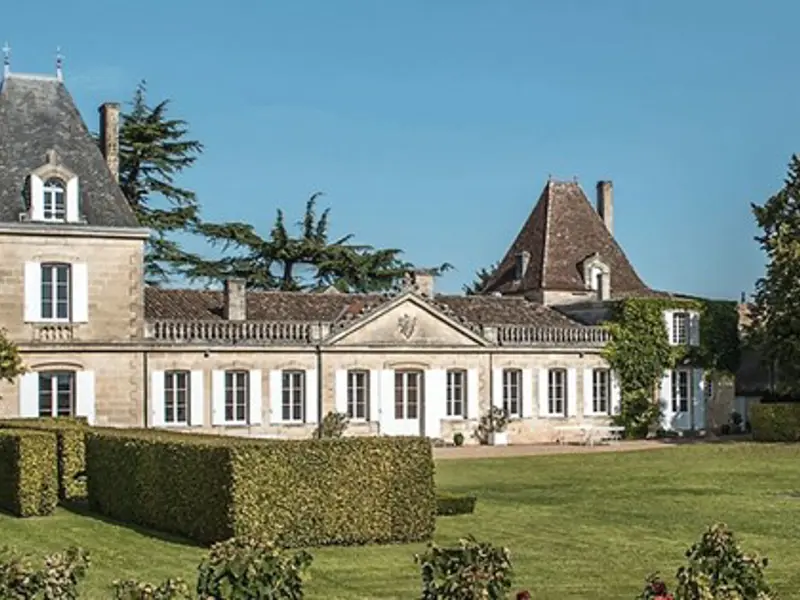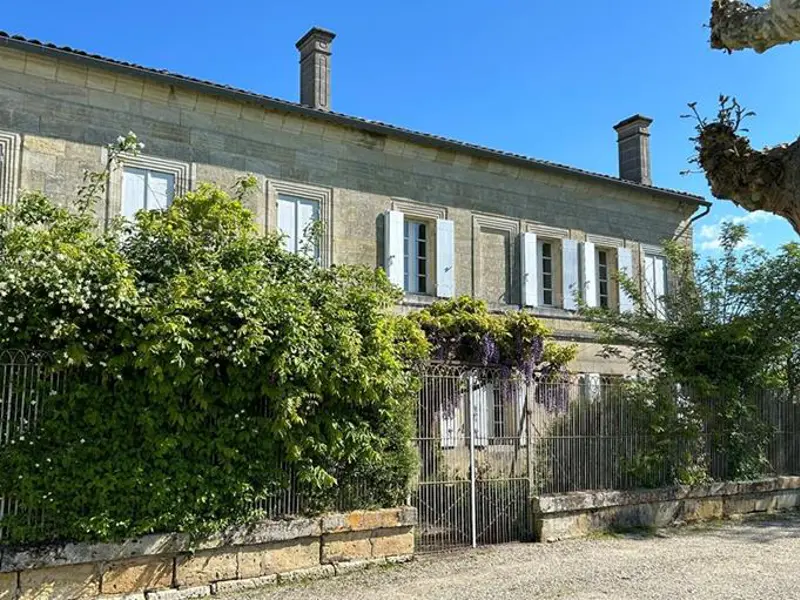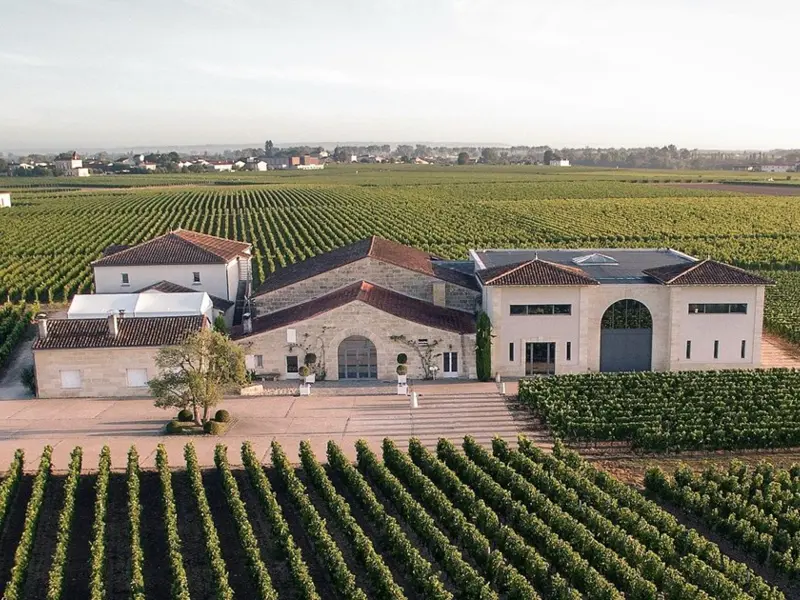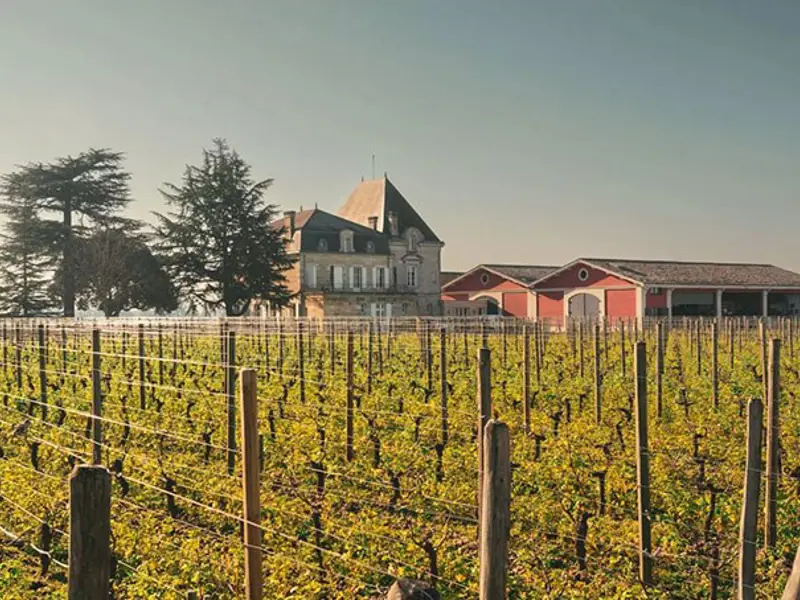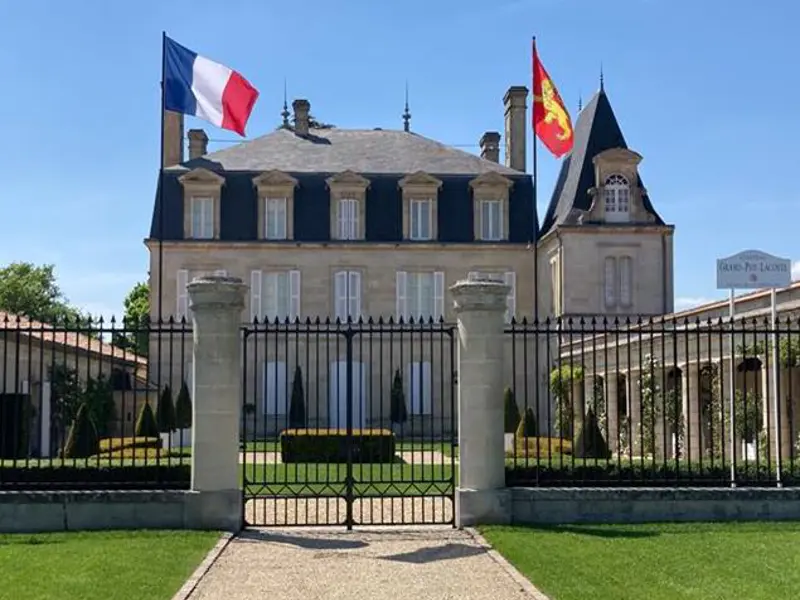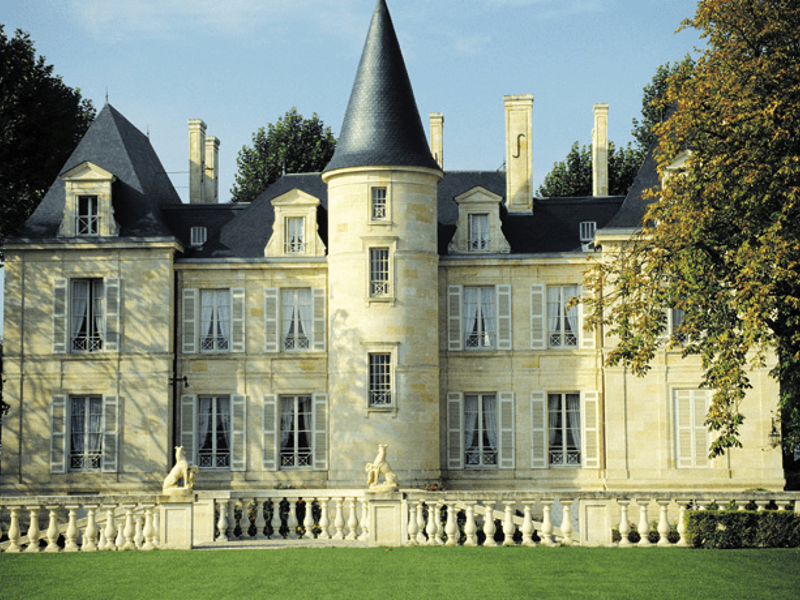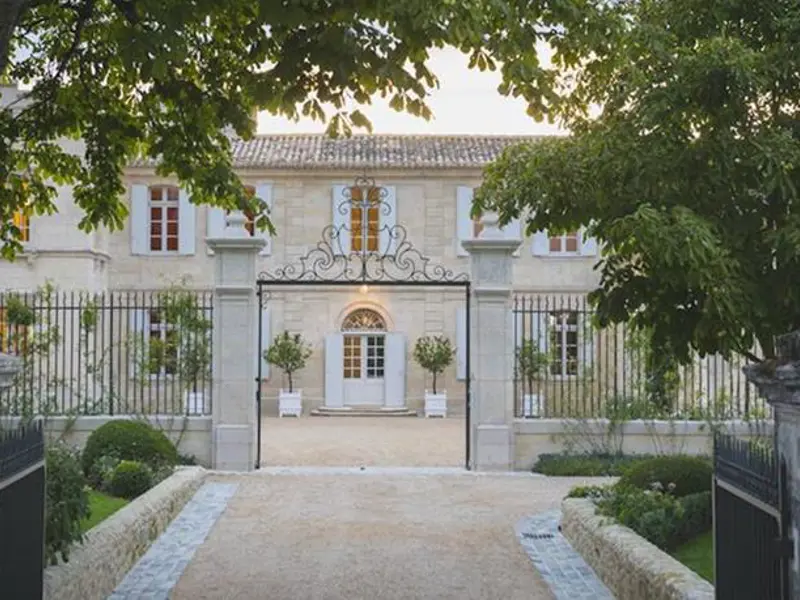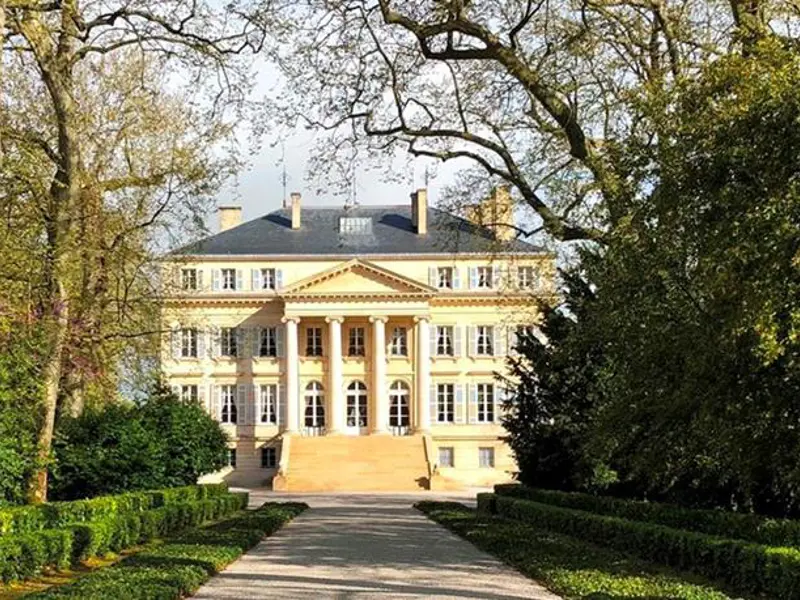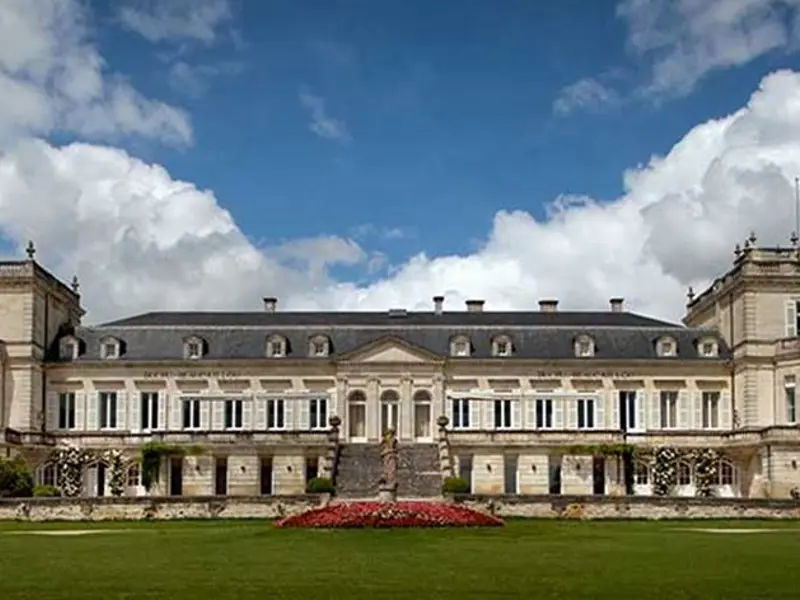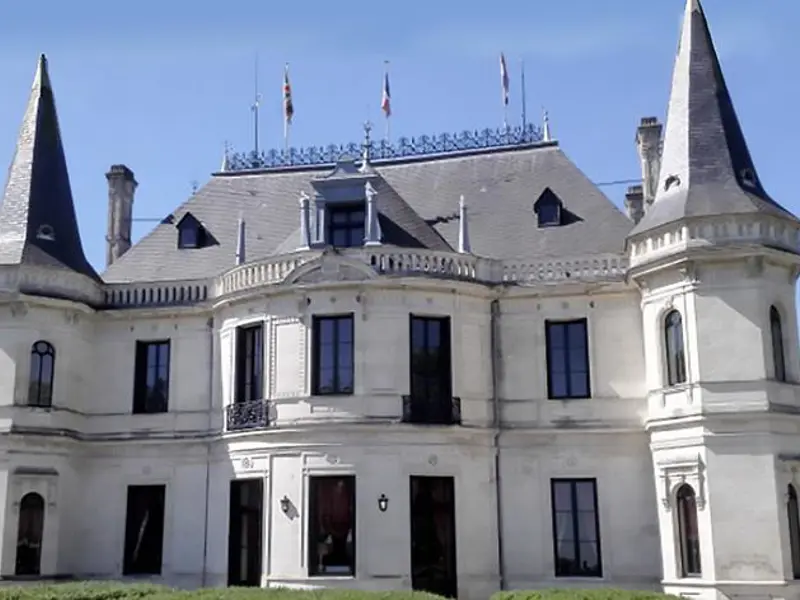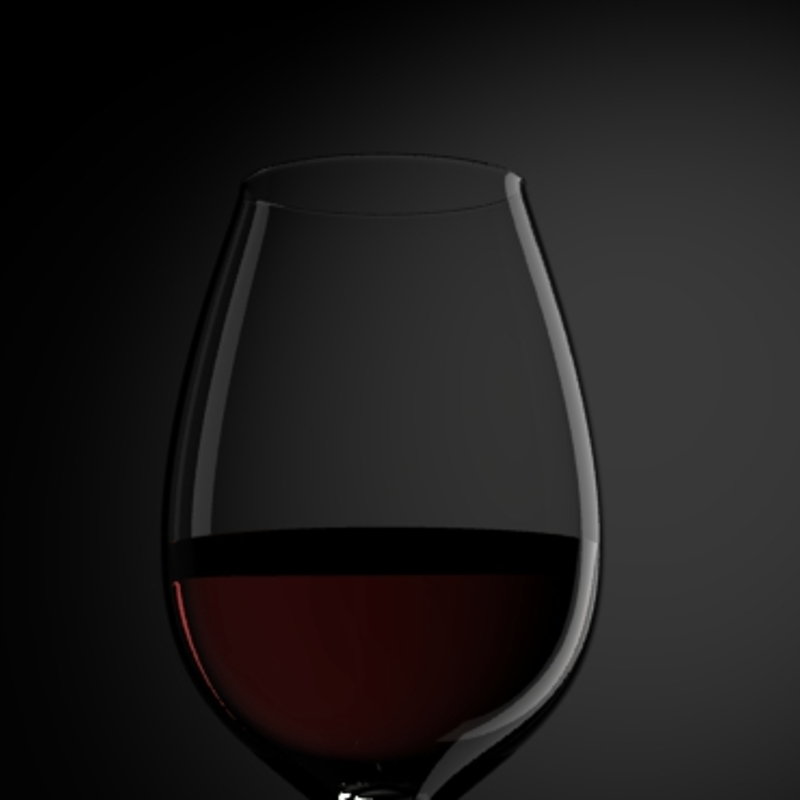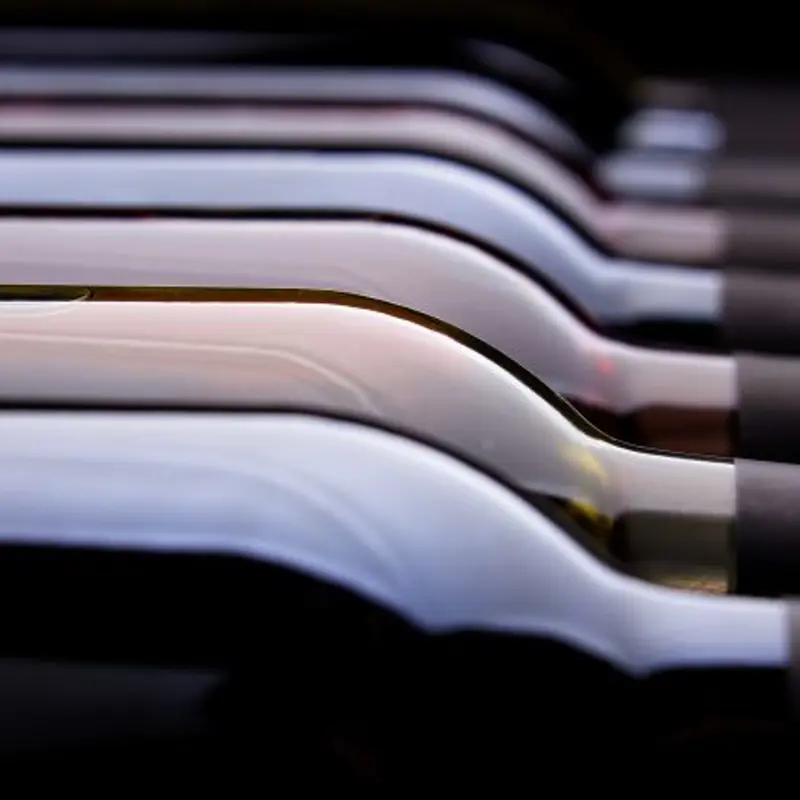View our latest offers below, or use the navigation to the right to select wines of interest.
The majority of our offers are either en primeur or in bond, pre-landing. Please see our en primeur pages for an explanation of these terms. Landing dates shown are approximate. Stock and availability is usually very limited, and offer prices are not applicable after the offer has closed (usually within days of posting). Please see our full Fine Wine List on our website for confirmation of current pricing (subject to availability and confirmation of stock, E&OE).

